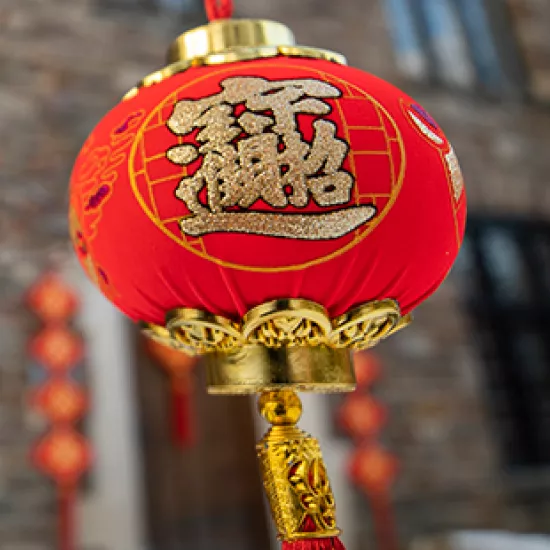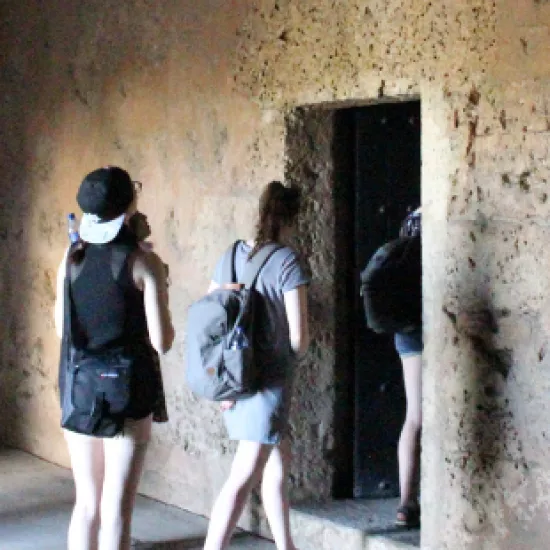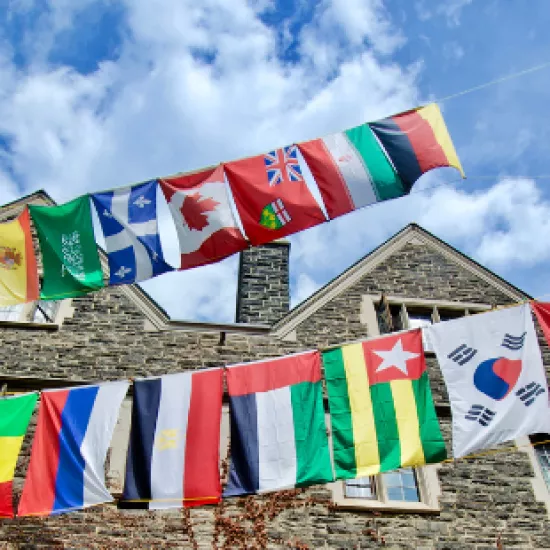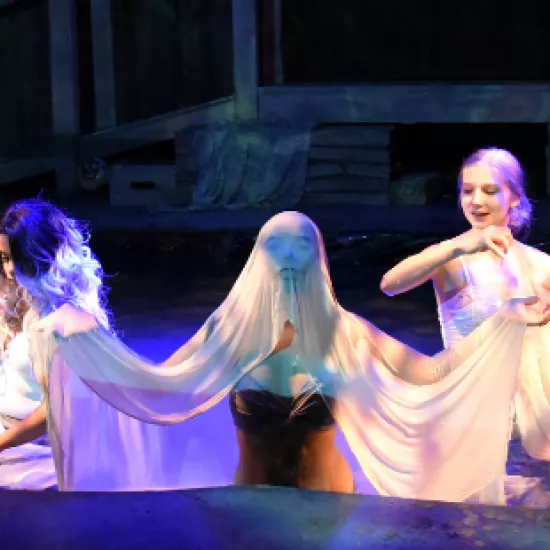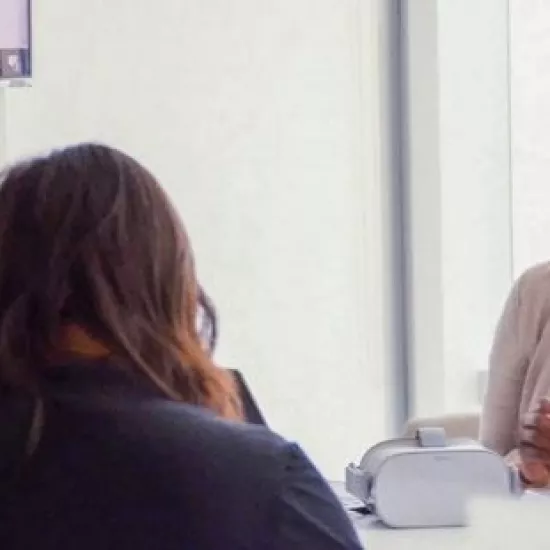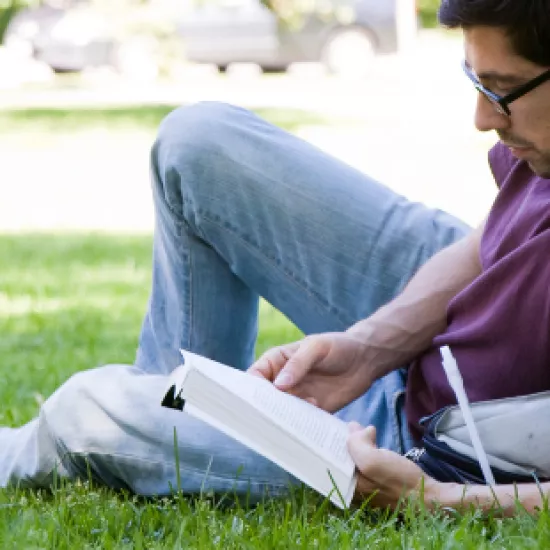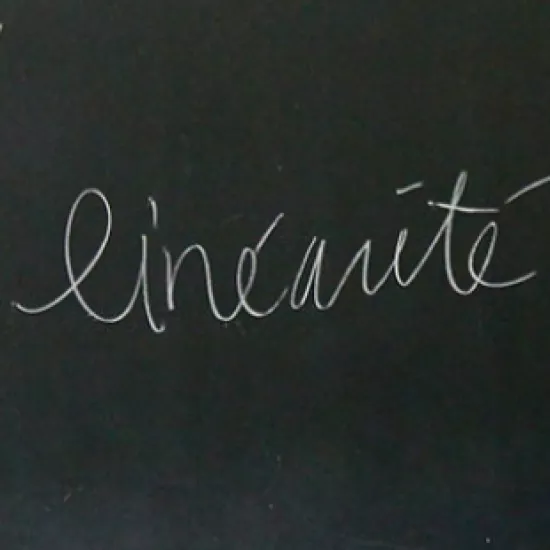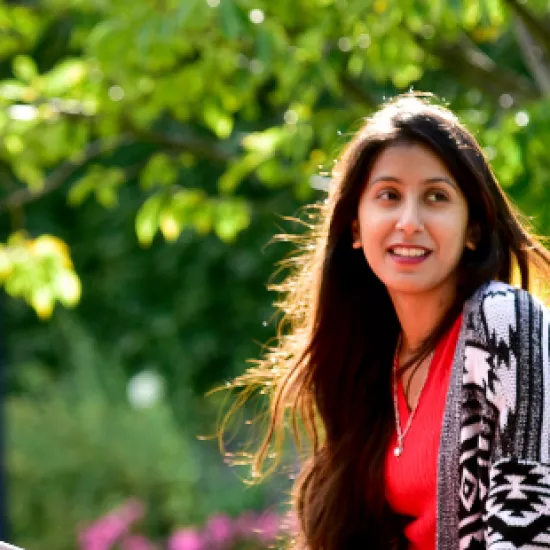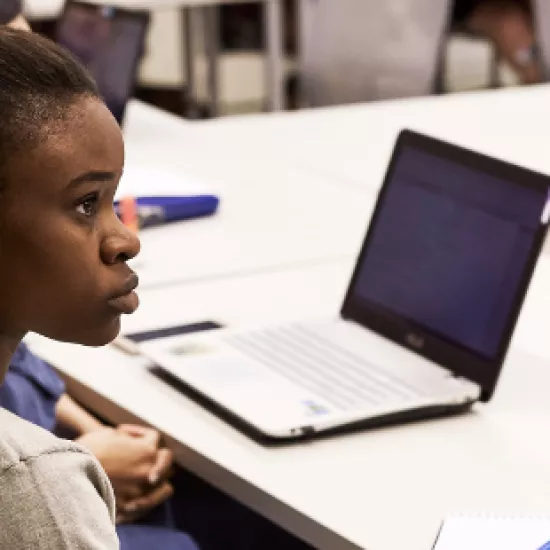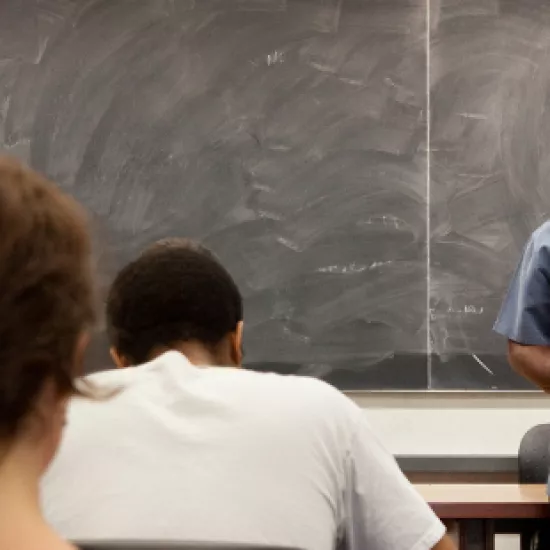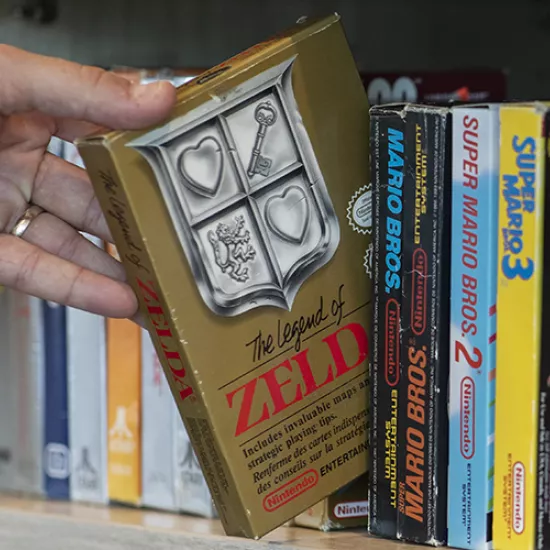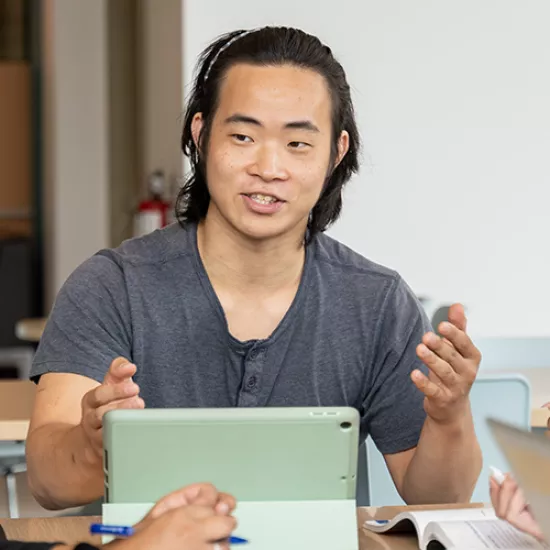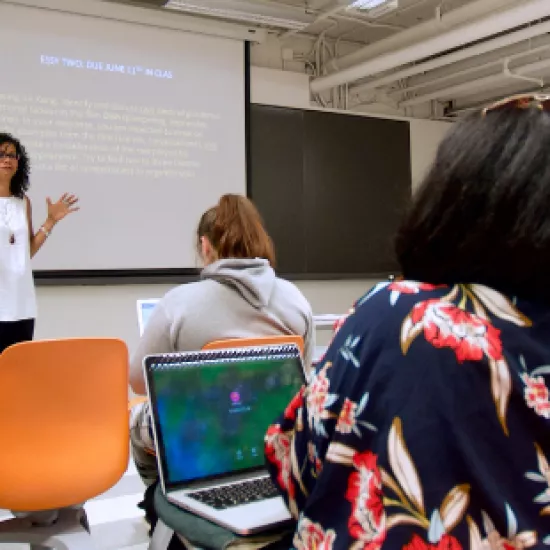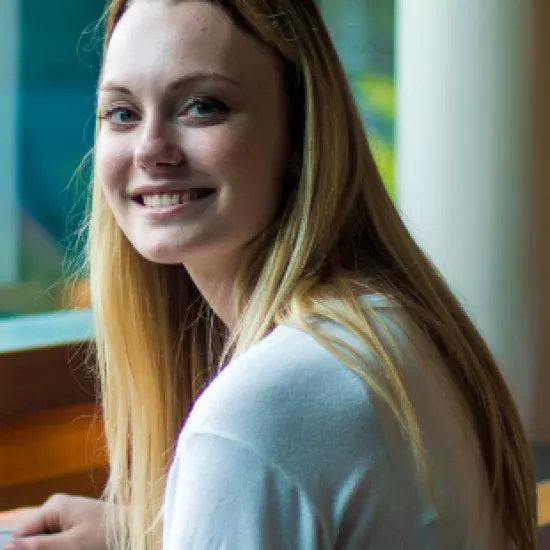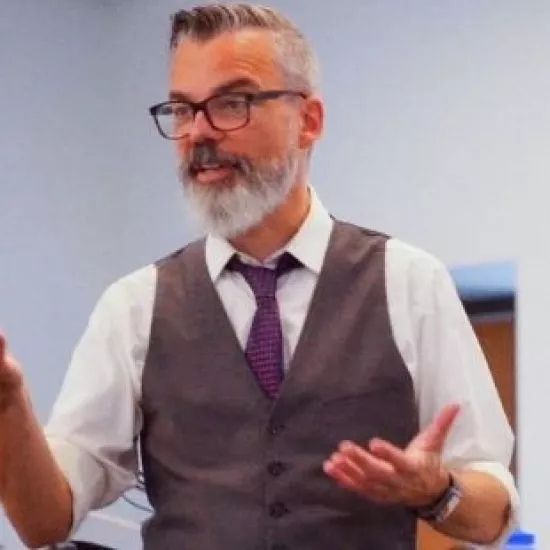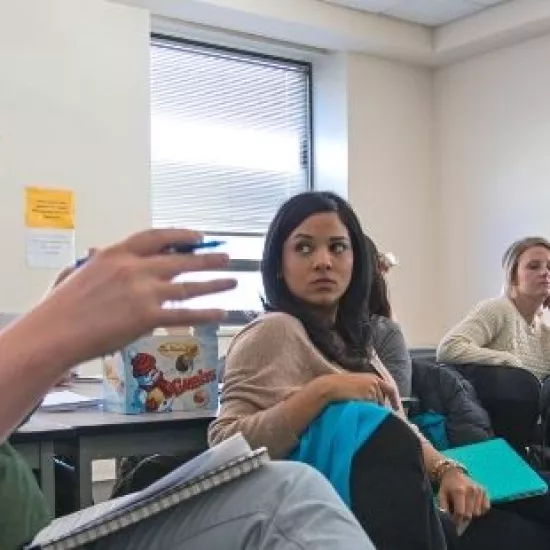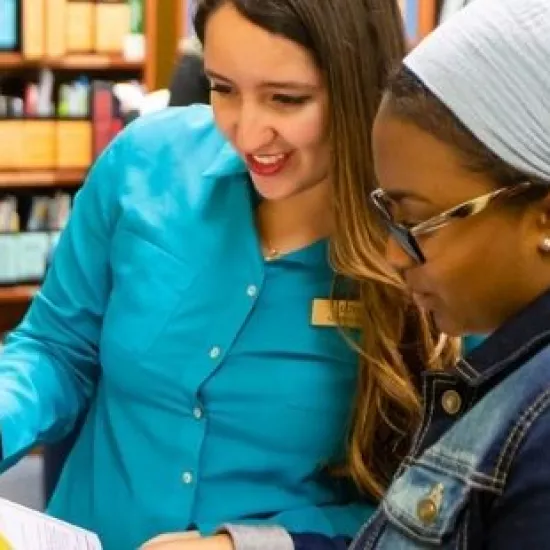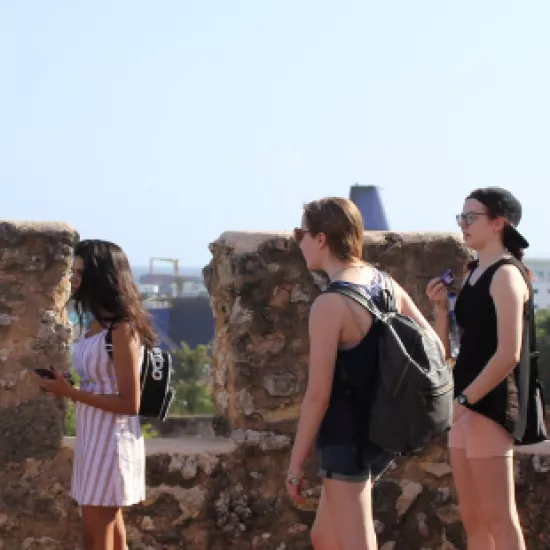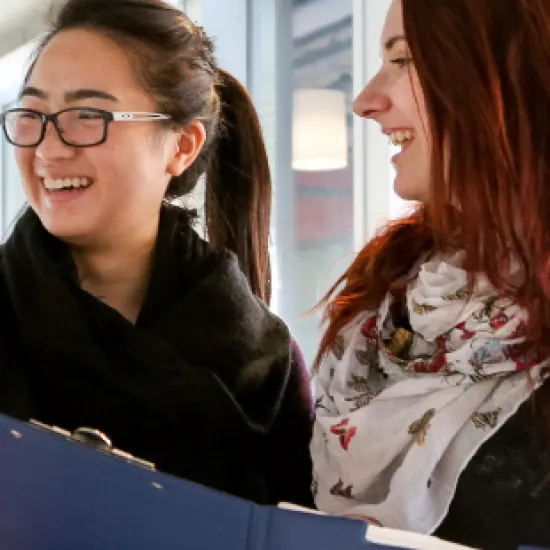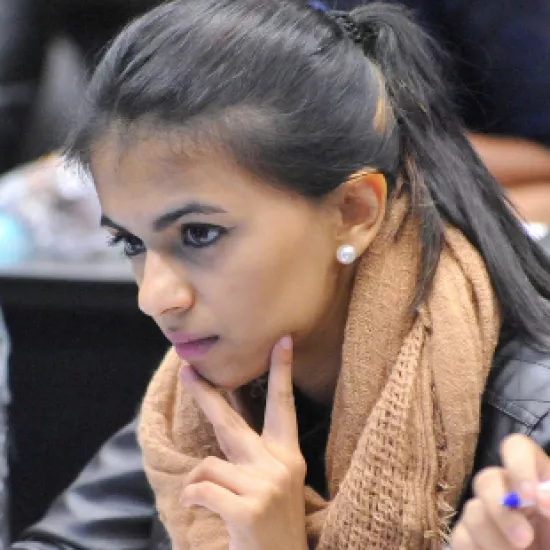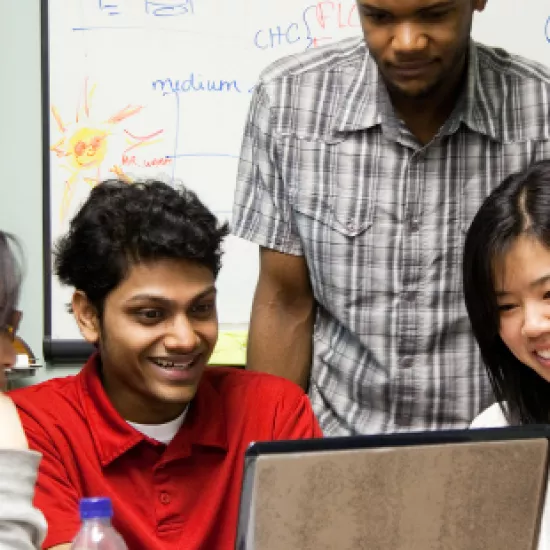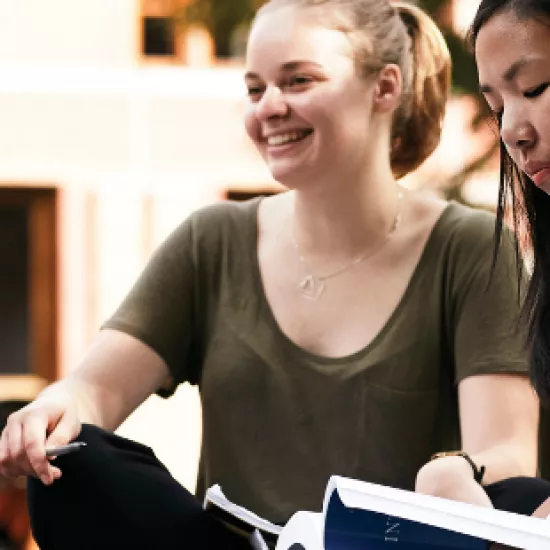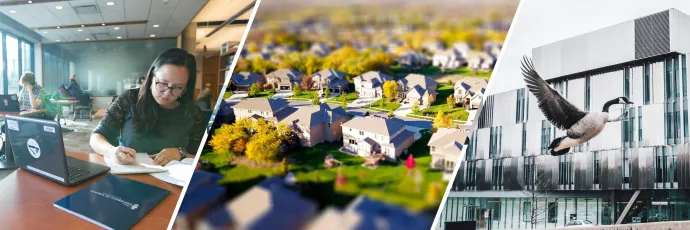
Studies in the Humanities cultivate critical thinking, logic and communication through the exploration of cultures, languages, literatures, philosophy and history. Humanities courses show how these diverse forms of human knowledge and experience are interconnected while laying a foundation for success in the study of other fields, such as business and the sciences. The Humanities are a dynamic option offering a truly international focus and leading to a wide variety of exciting careers.
"What I learned from my first few years in university is that I enjoy learning about humans through different lenses. Through my academic programs, I can see the evolution of humans and how our society and culture has changed over the years. I am so happy to have this renewed passion and enthusiasm for my studies."
- Erika, 4th year, Major in English, Double Minor in French Studies and Anthropology
Programs & Requirements
OUAC Program Code: TMH
Approximate Competitive Average: Mid to high 70s (based on six Grade 12 "U" or "M" courses, including English (ENG4U) or equivalent)
Program Course Prerequisites: Prerequisites vary depending on program. Please select a program below to view course prerequisites.
Note: Meeting these minimum requirements does not guarantee you admission to the University. Admission is subject to space availability and competition.
Find requirements to other common curricula:
Exciting Opportunities
![]()
World-class Faculty
At UTM, world-class experts teach their specialty areas. Our researchers make key contributions to science, social science, culture and humanities in Canada and globally. You can read about some of their exceptional work online.
![]()
Elective Language Courses
UTM offers a broad range of elective language courses, including Arabic, Chinese, German, Greek, Hindi, Latin, Persian, Sanskrit, Spanish and Urdu. Students can earn a Language Citation, an official recognition on a student's transcript.
![]()
Experiential Education
Experiential learning opportunities have been growing in number at UTM, and encompass many types of practical learning, or "learning by doing." Opportunities include community service, internship or practicum placement, and project research.


